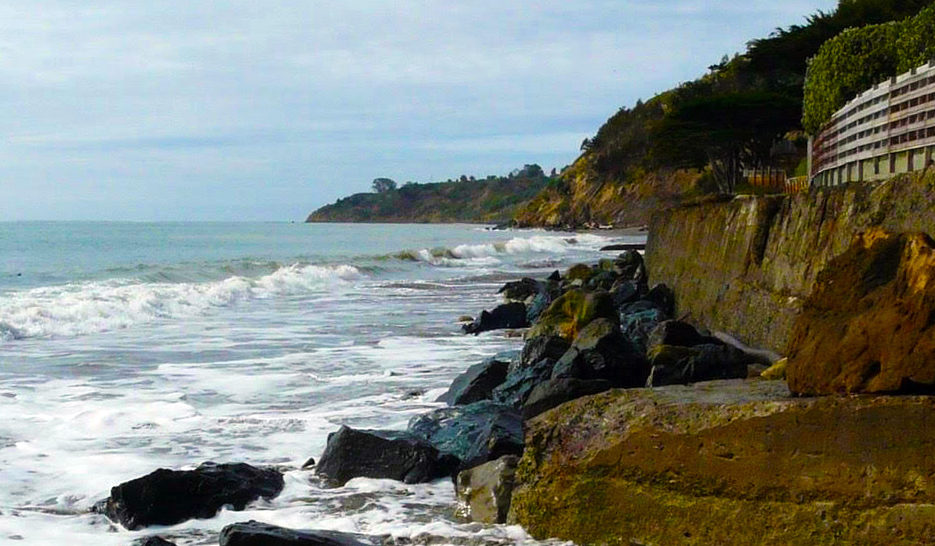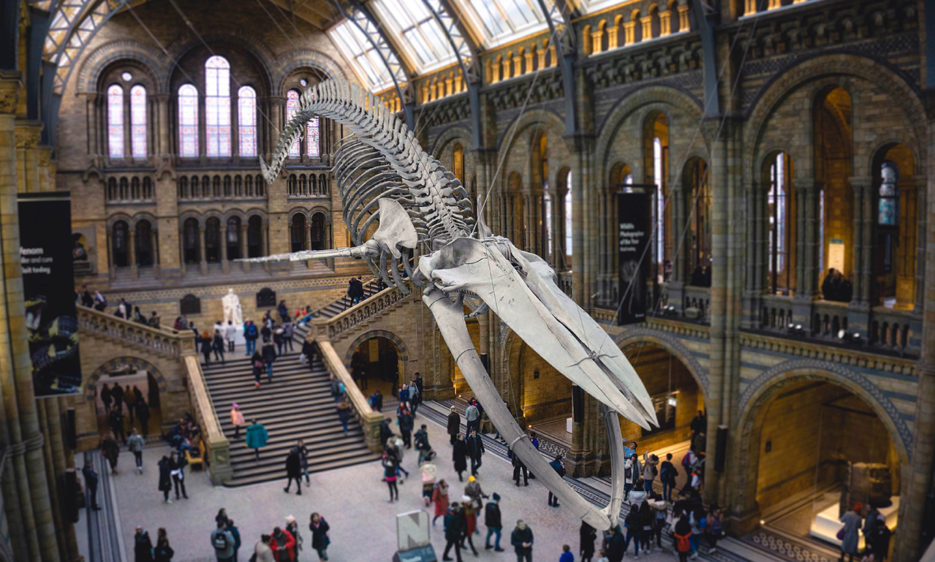CSPO Events CSPO in DC
- June 15, 2018
The Festival of Science & Religion
A celebration of the ways that science and religion interact and harmonize to create more meaning, understanding, and purpose in our world
A celebration of the ways that science and religion interact and harmonize to create more meaning, understanding, and purpose in our world. This day-long festival offers guests the opportunity to explore compelling new stories and thought provoking ideas presented by writers, thinkers, skeptics, and believers from various disciplines and denominations in a series of events that will challenge and inspire. Come for an hour, come for the day. The Festival–set in the magical Mansion on O St., near Dupont Circle—will present new ways to understand and appreciate our complicated world.
- August 09, 2018
National Priorities for Adapting to Global Warming
Launch event for the Summer 2018 Issues in Science and Technology

Join us for the launch of the Summer 2018 Issues in Science and Technology!
How can climate adaptation become a national priority?
Bruce Guile, president and cofounder of the New Advisory Group, and Raj Pandya, the founding director of the Thriving Earth Exchange at the American Geophysical Union, will address exactly that question. They will discuss “Adapting to Global Warming: Four National Priorities,” their clear-eyed assessment of the policy steps needed to use human ingenuity to confront climate change.
Please join us as these experts bring decades of experience in climate policy to bear on the urgent question of how best to adapt to a warmer future.
Bruce Guile, Raj Pandya
- September 05, 2018
A Humble Insect, the Quest for Knowledge, and Our Unnatural Future
Join us to celebrate the publication of Lisa Margonelli's brilliant new book, "Underbug: An Obsessive Tale of Termites and Technology"
“The proper study of mankind is man,” Alexander Pope famously wrote in 1733. But award-winning journalist Lisa Margonelli’s new book, Underbug: An Obsessive Tale of Termites and Technology, tells us that the proper study of mankind might very well be termites. In telling this tale of what science is learning about termites, Margonelli is really pursuing deeper questions about science and humanity itself, to ask, “How do we know what we know?” and even “How do we know who we are?” Underbug is a wise, funny, disquieting, and hopeful portrayal of how humanity’s quest for knowledge about the world around us is also a mirror on our inner selves.
Join Lisa Margonelli and National Public Radio science reporter Richard Harris in a discussion of Underbug, followed by a book signing. Books will be available for purchase.
Lisa Margonelli, Richard Harris
- October 09, 2018
New Tools for Science Policy
Open House: The Future of Science Policy
Daniel Sarewitz, Elizabeth C. McNie, Roger A. Pielke Jr. , Ryan Meyer, Katina Michael
- October 25, 2018
New Tools for Science Policy
Connecting Public Engagement in Science Efforts Across Silos

Public engagement efforts have grown into their own ecosystem of activities, experts, and methodologies, but current approaches to promoting and evaluating these efforts are fractured. This limits the ability to figure out what works and what doesn’t when it comes to successful public engagement with science. What might be gained if practitioners of different types of engagement worked together with researchers to build a sophisticated, audience-centered platform that connects engagement across the ecosystem? One vision to address this is a proposed platform known as The Circuit.
At this New Tools breakfast seminar, Darlene Cavalier, ASU professor of practice and the founder of citizen science platform SciStarter, will discuss how to make this vision a reality with Ben Wiehe, the manager of the Science Festival Alliance at the MIT Museum, and Karen Peterson, CEO and Founder of The National Girls Collaborative Project and The Connectory, which connects young people to STEM learning opportunities.
Darlene Cavalier, Karen Peterson, Ben Wiehe
- October 30, 2018
Governing Solar Radiation Management
SRM research, with its potential for irreversible changes to a complex global system, is controversial and raises many questions. One of the most critical of these questions is the governance of SRM research: how should decisions governing this research be made, by whom, and with what objectives? CSPO and the Forum for Climate Engineering Assessment, within American University’s School of International Service, invites you to a conversation about FCEA’s latest report, “Governing Solar Radiation Management.” Join us to learn about the conclusions of the report and hear members of the Working Group reflect on the process of crafting this consensus document while also providing critical feedback on the report.
Genevieve Maricle, Andrew Light, Paul Wapner, Walter Valdivia
- November 15, 2018
New Tools for Science Policy
Rethinking Law and Order: Navigating Citizen Rights in an Age of Uberveillance
Increasingly, the personal and work-related smart devices we use are packed with sensors that record the who (identity), where (location), when (time), and how (mode of transport/condition) of all our interactions. Knowing with some level of predictability where a person is and with whom he or she is interacting—a situation called “uberveillance”—has obvious commercial and security value. User convenience and law enforcement application have been major drivers for collecting huge quantities of data on consumers and citizens. But uberveillance has important and sometimes troubling implications for citizen rights and the rule of law.
In this New Tools talk, Katina Michael will address issues related to law, regulation, and policy as they pertain to real-time monitoring and tracking of things and people.
Katina Michael
- November 15, 2018
Data Alive Workshop
The Eleventh Workshop on the Social Implications of National Security (SINS18)
This workshop seeks to provide a platform for multidisciplinary perspectives on “data”. Digital data has traditionally been defined as “bits and bytes”; it was not information, and it was not knowledge or wisdom. There is no doubt that data drives decision making in corporations; a process of transformation into something other than bits and bytes sheds light on short term and long-term structural objectives. Today there are machine-to-machine communications, without a human in the loop. What are some of the social implications of such systems? What is the role of the human in an increasingly technocratic society? How can we leverage data for human and environmental sustainability? How is narrative important to our future(s)? The Workshop will invite stakeholders of all types to participate in activities, allowing them to return to their workplaces to ask the same questions and the same challenges elicited in the Workshop.
Katina Michael, Robert M Cook-Deegan, Daniel Sarewitz, Lee Gutkind, Mahmud Farooque
- November 16, 2018
Progress Against Alzheimer’s Disease
Launch event for the Fall 2018 Issues in Science and Technology
What are the implications of this history for ongoing efforts to deal with Alzheimer’s disease? What does it say about investments in the study of health services, and innovations in health care delivery? As Congress provides new money to fund research, what lessons can help guide the next generation of public investments?
To celebrate the publication of the Fall 2018 Issues in Science and Technology, ASU professor Robert Cook-Deegan, author of “Progress Against Alzheimer’s Disease?” and an OTA alum,will talk with Zaven Khachaturian, editor-in-chief of Alzheimer’s & Dementia and former director of the Office of Alzheimer Research at the National Institutes of Health. Join us for a fascinating look at the current state of and future opportunities for Alzheimer’s treatment and care.
Robert M Cook-Deegan, Zaven Khachaturian
- December 10, 2018
New Tools for Science Policy
Bringing Public Perspectives into Energy Projects
Kirk Jalbert